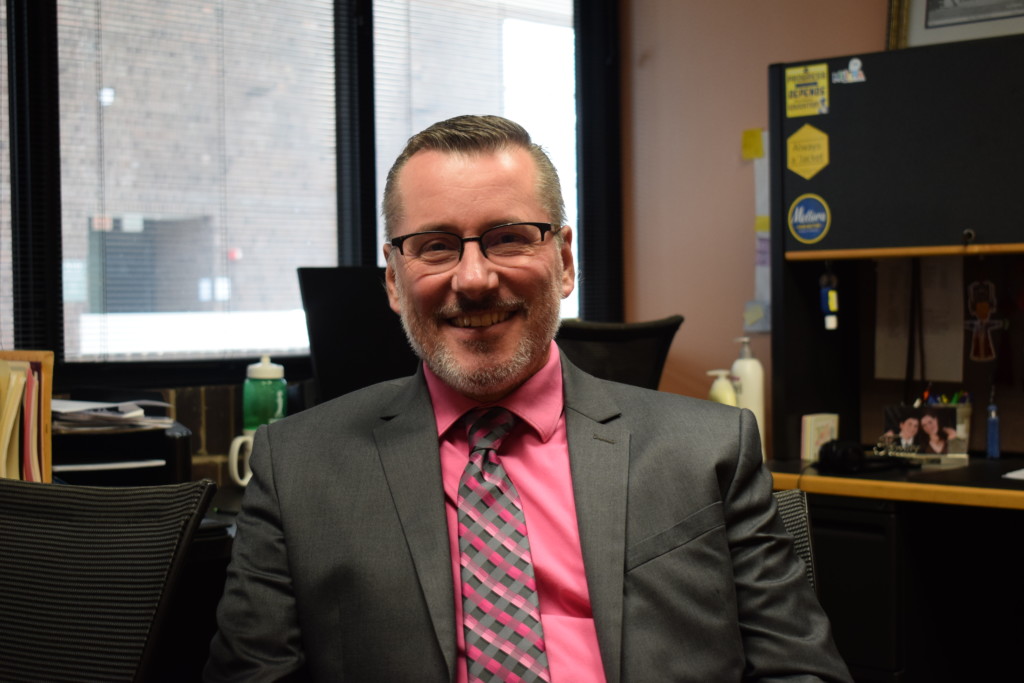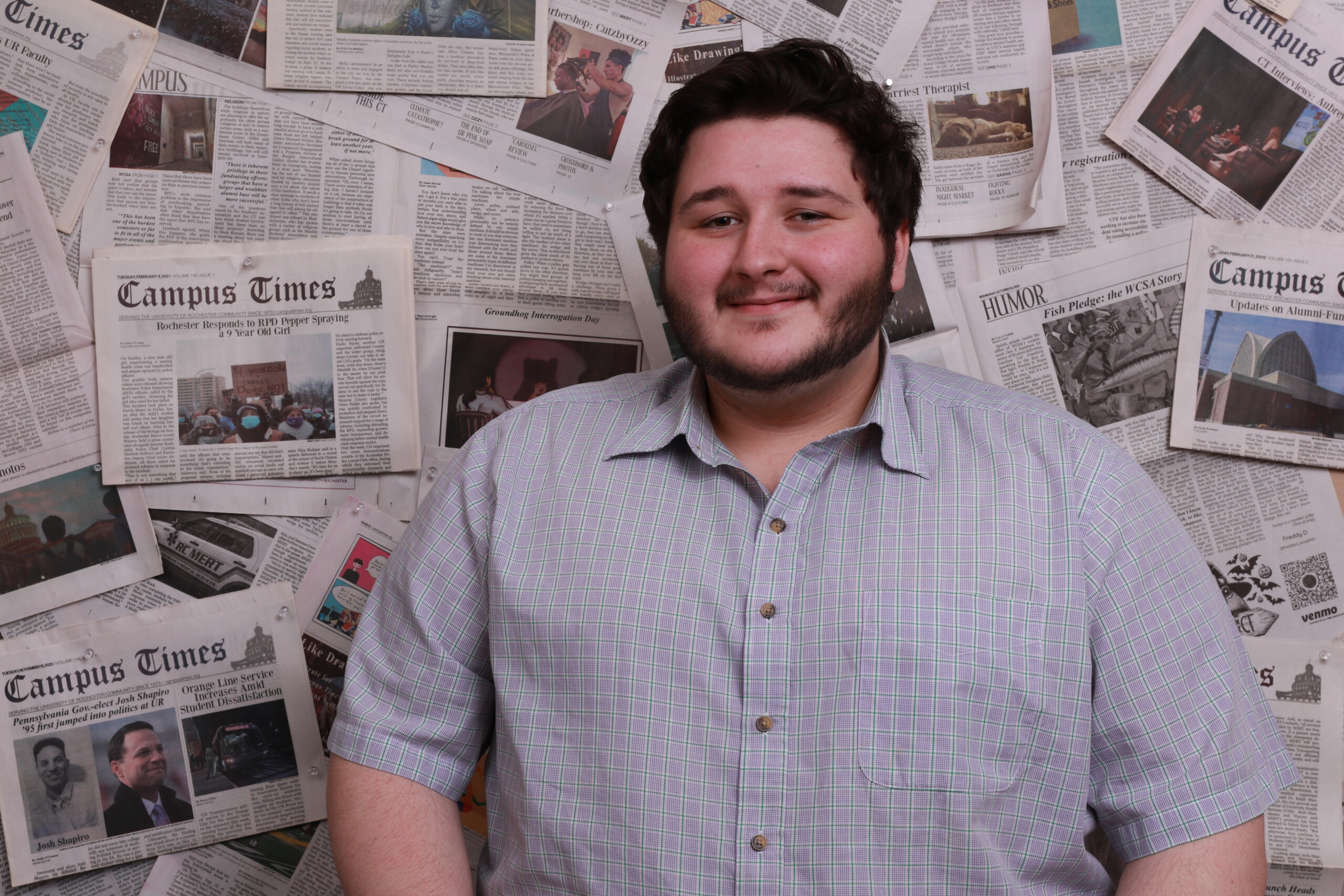For the last two years, a team of students and administrators have been meeting to change the student code of conduct around issues of discrimination and harassment. On Monday, Dean of Students Matthew Burns announced they are close to a final draft of the new policy.
The reevaluation was brought on in mid-2019 when New York State lowered the bar for workplace sexual harassment or discrimination lawsuits by eliminating the “severe or pervasive” standard to make the law cover any discriminatory behavior that is “above a petty slight,” as Burns put it. The University followed suit by starting a group to take a look at the institutional Policy Against Discrimination and Harassment which applies to accusations against University employees.
The initial intention was to create a policy that applied to everyone, Burns said, but it became clear that two policies were needed to grapple with differences between faculty and students’ situations—namely students being residents on campus. So attention was then also directed at changing the student code of conduct.
“Where we are right now is we’re putting pen to paper for a final draft to submit to Dean Runner and others—it will be vetted by other members of the University community—on what our new policy is going to look like,” Burns told the Campus Times. “And it is going to lower that bar to something beyond a petty slight or inconvenience and has some guidance about how to move those cases through adjudication if that’s necessary.”
And hammering out the specifics has been challenging. Burns said the process has spurred numerous conversations about academic freedom, freedom of speech, and hate speech, though he noted that the policy is not a “hate speech code” because it does not look at specific words to set a standard.
“I think what is most important is to take a look at the context and manner of the behavior that’s being exhibited,” Burns said. “And, in the context and the manner, looking at intention and impact. Taking all those things into account then deciding, okay, did this cross some bar or not? We’re trying to construct the final draft of a policy and a procedure that can actually do that, and then we’re gonna have to try it out.”
The policy also deals with how to properly hear the cases. Burns said the pool of people hearing cases that fall under the policy’s umbrella will have to be somewhat representative, though he notes that they will never have a pool representative of every identity marker. He anticipates a lot of trial and error, and potentially even court challenges, will have to shape the implementation of the policy.
“We’re gonna have to see what cases come our way and move them through the process. I fully imagine that we are going to see some difficult cases that will inform us in either reframing or changing or creating some places where nuances can be incorporated into that process. But at some point we have to try something new, and I think we’re at that point of constructing a final draft that is going to allow us to do that.”
The policy change is still in the works and will have to go through more review prior to a final approval. While he could not be certain on specific timelines, Burns said there is a decent chance that students could see the new code implemented sometime this academic year, and he did not see a reason why implementation should be delayed if the policy is agreed upon in its final form.
“There is no other solution now than to put [the changes] in writing and try it out as a policy,” Burns said at the College Diversity Roundtable meeting on Monday. “[…] We’re looking at speech as behavior, not just an expression, but something that is actually harmful to another person. And we’re gonna have to see what cases come our way, we’re gonna have to adjudicate them and see what sanctions we issue. And then, at some point we’re gonna have to put ourselves out there and say, ‘If we’re sued over it, we’re sued over it.’ We’re gonna have to put ourselves in the best place to support our position as possible.”



